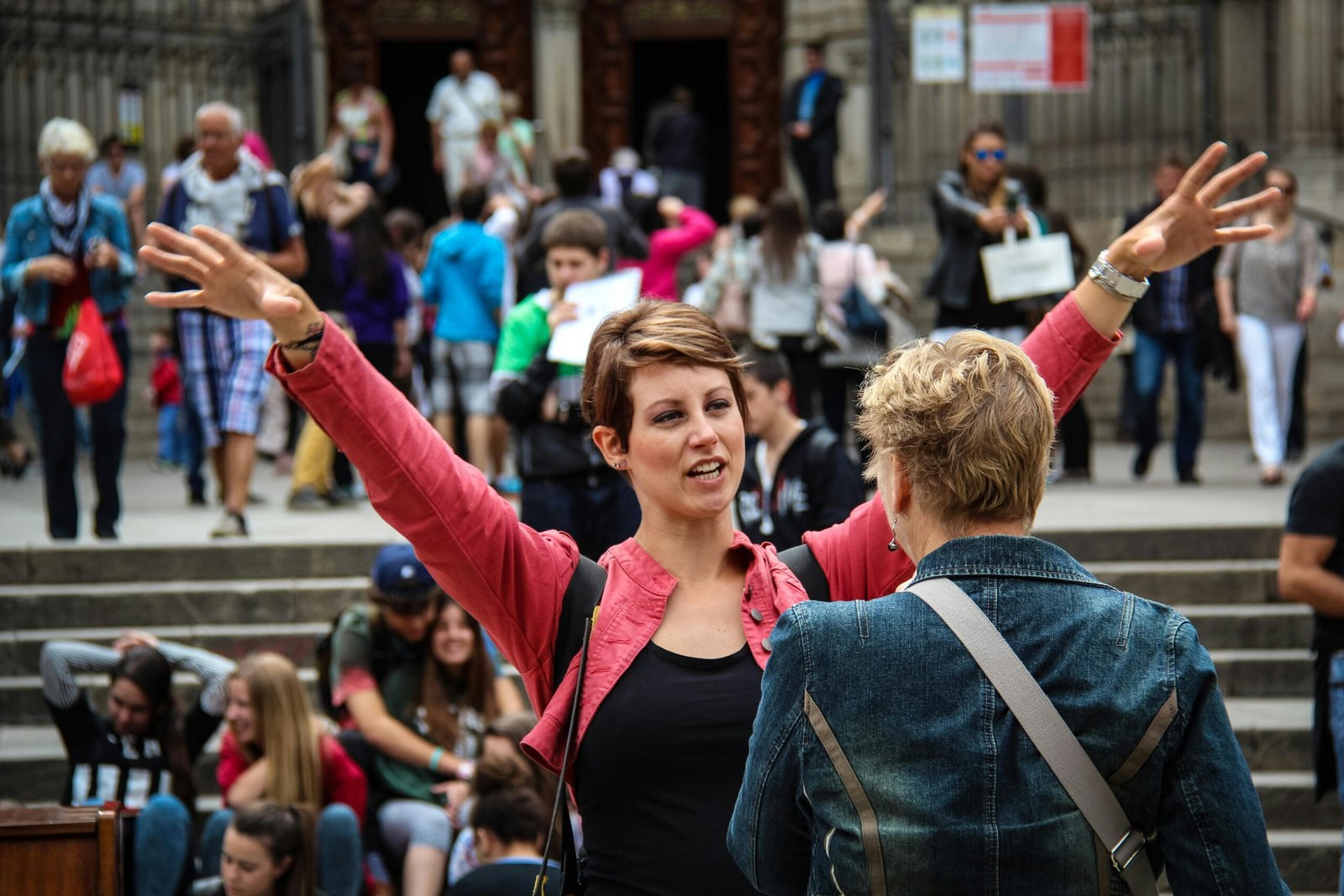
McGill University is a prestigious public research university located in Montreal, Quebec, Canada. Established in 1821, McGill is one of Canada’s oldest universities and is known for its strong emphasis on research, innovation, and international collaboration.
Founded by royal charter granted by King George IV, McGill University was originally established as the Montreal Medical Institution to train physicians and surgeons. It later merged with the University of McGill College, becoming McGill University in 1885. The university is named after James McGill, a prominent Scottish merchant who bequeathed his estate to establish the institution.
McGill’s main campus is situated on the slopes of Mount Royal in downtown Montreal, with additional campuses and facilities across the city. Key buildings and facilities include Home to one of the largest library systems in Canada, housing extensive collections and special archives. A hub for medical education and research. Focuses on biological sciences and environmental research.
One of Canada’s leading business schools, located in the Bronfman Building. McGill also operates field stations and research centers, including the Bellairs Research Institute in Barbados and the Gault Nature Reserve in Mont-Saint-Hilaire. McGill offers a comprehensive range of undergraduate, graduate, and professional programs across multiple faculties and schools, including:
The university is known for its strong emphasis on research, with notable strengths in health sciences, engineering, natural sciences, social sciences, and humanities. McGill is a leading recipient of research funding from both government agencies and private foundations, supporting groundbreaking research initiatives and collaborations.
Father of modern medicine and co-founder of Johns Hopkins Hospital. Renowned poet, singer-songwriter, and novelist .Prime Minister of Canada. Award-winning author and social activist. Environmentalist and broadcaster. McGill’s faculty and alumni have made significant contributions to academia, science, business, politics, and the arts globally.
McGill University’s student body is highly diverse, with students from over 150 countries contributing to a vibrant cultural and intellectual environment. The university offers a wide range of extracurricular activities, including student clubs, organizations, and athletic teams. McGill’s student union, the Students’ Society of McGill University (SSMU), plays a key role in campus life and advocacy.
The university promotes community engagement and social responsibility through initiatives such as community-based learning and volunteering programs. McGill also emphasizes sustainability and environmental stewardship through research and campus initiatives. McGill University’s impact extends globally through its research collaborations, international partnerships, and alumni network. The university collaborates with institutions and organizations worldwide to address global challenges and promote innovation
Conclusion
McGill University stands as a leading institution of higher learning, research, and innovation in Canada and globally. With its rich history, world-class faculty, and diverse community of students and alumni, McGill continues to push the boundaries of knowledge and contribute to society’s advancement. The university’s commitment to excellence, research excellence, and global engagement ensures its position as a key player in higher education and research.
